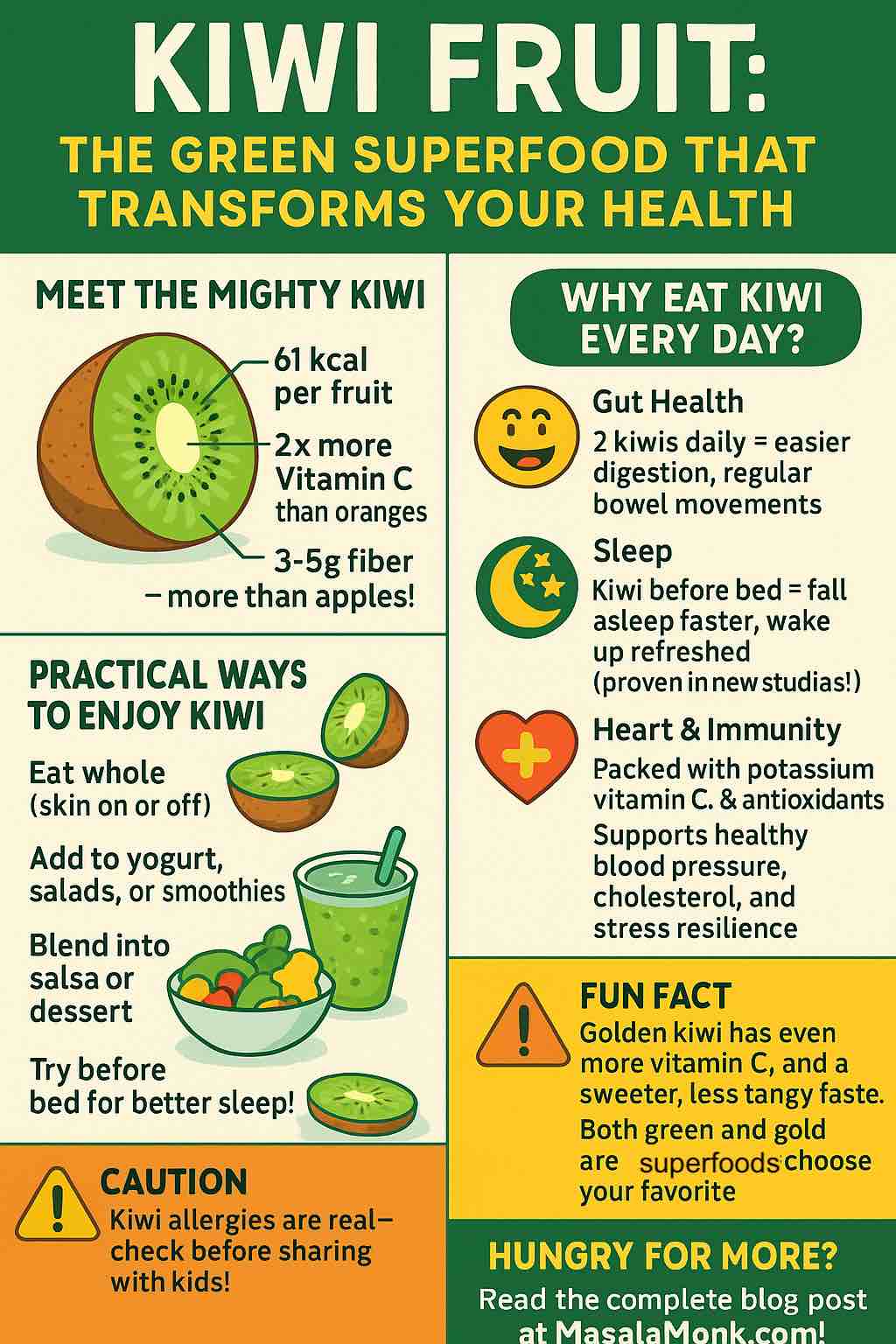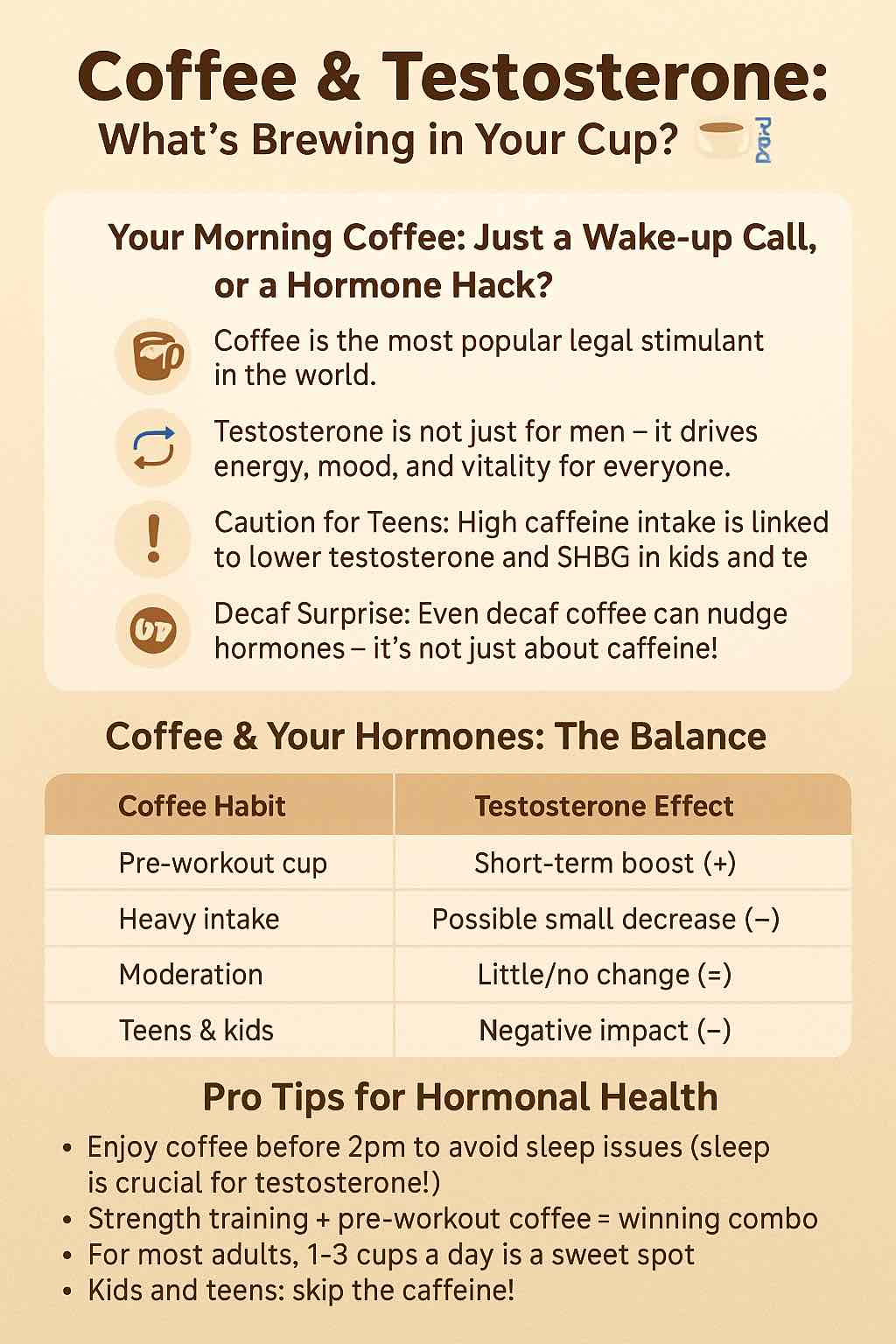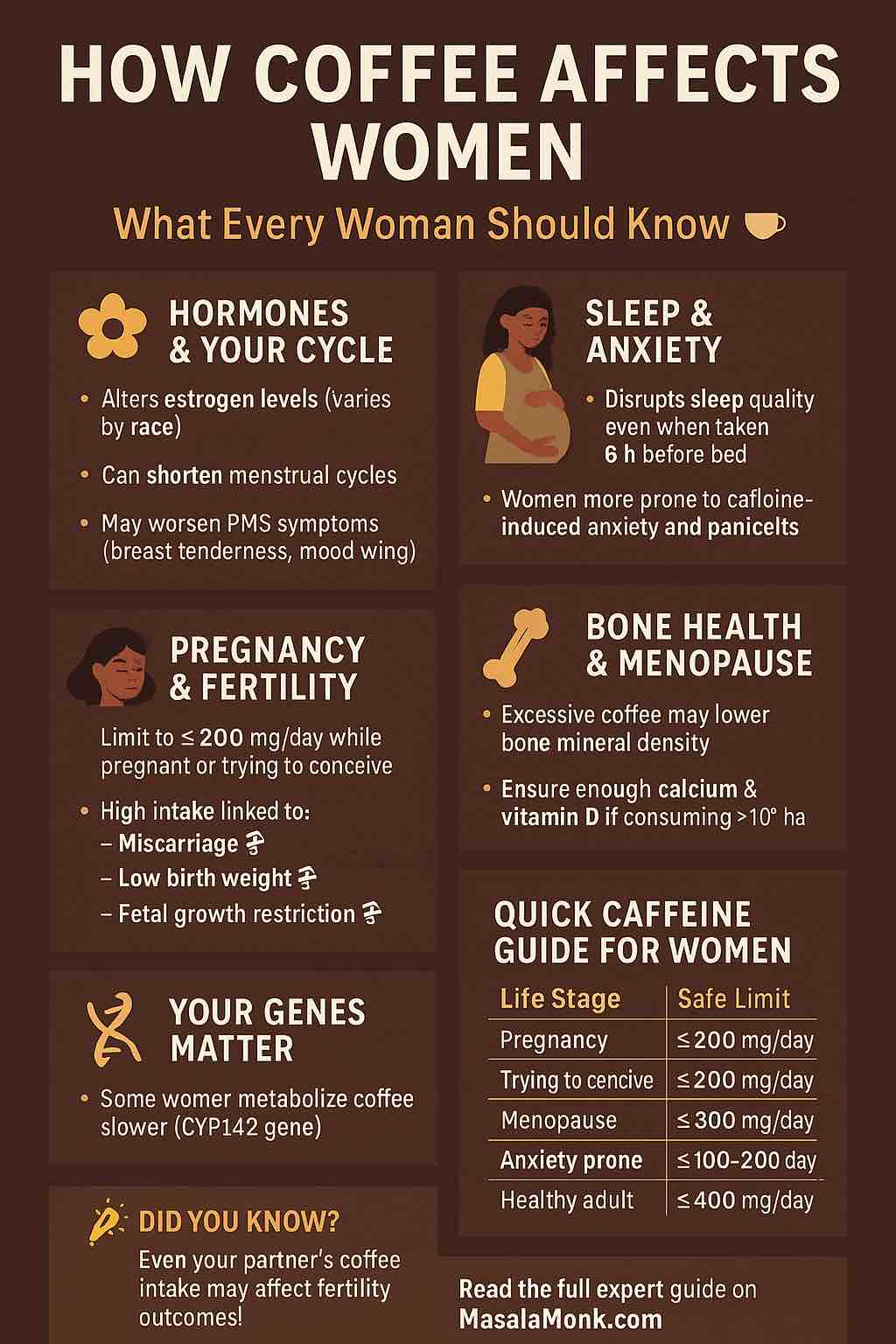
Giving up added sugar can feel deceptively hard. At first, cravings spike, patience thins, and energy dips; soon after, things begin to settle. While researchers debate whether sugar itself is “addictive” in humans, what most people describe during the first week is a cluster of short-lived sugar withdrawal symptoms—headaches, brain fog, irritability, sleep hiccups, and fluctuating appetite. Rather than treating this like a mysterious syndrome, it helps to view it as a predictable adjustment period: your routines, taste expectations, and reward cues are changing, and your body is recalibrating. Moreover, when you manage caffeine, hydration, protein, fiber, movement, and sleep in tandem, the rough edges smooth out quickly. For context on the science debate, see this measured review on sugar addiction in humans and why the strongest “withdrawal-like” signals come from patterns with highly palatable or ultra-processed foods rather than sugar alone.
What Sugar Withdrawal Feels Like (and Why It’s Brief)
Initially, sugar withdrawal symptoms often show up as a one-two punch: powerful cravings coupled with a mild, band-like headache. Soon after, fatigue can creep in; concentration may feel patchy; mood can wobble for a day or two. Interestingly, these discomforts rarely persist beyond a couple of weeks when daily habits are dialed in. Notably, part of the experience reflects routine disruption—snack times change, sweet tastes recede, and cues (like scrolling, commuting, or finishing dinner) no longer trigger the same behaviors. Consequently, your brain’s prediction system flags the mismatch, which you experience as urge or restlessness; once the new pattern stabilizes, those alarms quiet.
The Caffeine Overlap Most People Miss
Equally important, many people consume sugar with caffeine—sweet tea or coffee, soft drinks, or energy beverages. If you stop both at once, you can provoke classic caffeine withdrawal on top of dietary change. As a rule of thumb, caffeine withdrawal begins 12–24 hours after cutting intake, peaks ~20–51 hours, and fades over the next few days. Therefore, easing caffeine rather than slamming on the brakes tends to be kinder to your head and your mood. For a quick primer on the timing and symptoms, skim the StatPearls overview on caffeine withdrawal.
Sugar Withdrawal Symptoms: Headache, Brain Fog, Irritability, and Beyond
Headache. When sweetened drinks disappear, the headache window often reflects caffeine changes rather than sugar alone. Pragmatically, switch to half-caf for several days, move caffeine to earlier in the day, and sip water regularly. If you usually add multiple teaspoons of sugar to beverages, step down a teaspoon a week; simultaneously, swap one sweet drink for sparkling water with lemon or a chilled herbal infusion to lower the sweetness “set point” without feeling deprived.
Brain fog & fatigue. Early on, some readers simply under-fuel. A breakfast anchored in protein + fiber steadies the morning—think eggs on whole-grain toast, Greek yogurt with nuts and seeds, or a make-ahead jar of chia pudding ideas. For variety, this keto chia pudding—no added sugar and this mango-chia riff without added sugar keep texture and flavor interesting while the palate readjusts.
Irritability. Mood is exquisitely sensitive to sleep debt and erratic meals. Consequently, go for consistent mealtimes, add a short walk after lunch or dinner, and keep caffeine away from late afternoon. If you wake up edgy, check last night’s bedtime rather than blaming breakfast.
Sore throat or dry mouth. Occasionally, people report a scratchy throat—usually from dehydration, room-dryness, or substituting very acidic drinks. Therefore, prioritize plain water first; if you’re craving “something extra,” rotate in a lightly flavored electrolyte beverage that isn’t sugar-packed. For inspiration, you can pull low-sugar ideas from DIY electrolyte posts and spiced electrolyte recipes.
Cravings. Urges are normal and, usefully, they reveal cues. Notice the trigger—boredom, stress, or the late-afternoon lull—and prepare savory swaps so you’re not negotiating with sweets. For a tangy, salt-forward alternative that resets expectations, explore The Art of Making Pickles and keep a small portion with meals or snacks.
A Realistic Timeline (Without the Drama)
Now, timelines vary—prior intake, sleep, and caffeine all matter—yet there’s a common arc. During days 1–3, cravings roar loudest and headaches are most likely if caffeine drops abruptly. During days 4–7, urges taper; sleep and mood begin to stabilize. By week 2, the background noise quiets; cravings become situational rather than constant. Interestingly, this shape echoes what self-report instruments find when people reduce highly processed foods: a short peak followed by rapid improvement. If you’re curious, the Highly Processed Food Withdrawal Scale (ProWS) describes how adults report transient symptoms when cutting back.
Anchor Your Goals with Clear Limits (So “Less Sugar” Means Something)
To avoid ambiguity, use simple anchors. First, the World Health Organization recommends keeping free sugars below 10% of energy and ideally below 5%; free sugars include added sugars plus the sugars in honey, syrups, fruit juice, and juice concentrates. The wording matters, because a glass of juice, while natural, still counts toward the limit. You can skim the full WHO sugars guideline or its NCBI book version for definitions and context. In parallel, the American Heart Association suggests no more than 6% of calories from added sugars—about 25 g/day for most women and 36 g/day for most men—a plain-language target you can remember quickly; see the AHA overview on added sugars or their How Much Is Too Much? explainer. Meanwhile, NHS guidance advises limiting fruit juice and smoothies to about 150 ml/day, nudging people toward whole fruit—details in this NHS page on cutting down sugar.
What Actually Helps (Simple, Repeatable, and Kind to Your Brain)
Start with breakfast. Front-load 20–30 g protein + fiber to reduce mid-morning scavenging. For instance, swirl protein into chia pudding, top Greek yogurt with nuts and seeds, or do eggs with sautéed veg. As your taste recalibrates, sweetness thresholds drop naturally.
Taper sweetened drinks first. Because the largest single source of added sugar for many people is beverages, downsizing them yields outsized benefits. Replace one soda with sparkling water and citrus; ask for unsweetened iced tea and add lemon; nudge your coffee from two teaspoons of sugar toward one and, subsequently, none. Moreover, teen studies show that even three days without sugary drinks can change how people feel—more headaches and cravings at first—underscoring why gradual swaps are humane. For a short read on that trial, check this adolescent sugary-drink cessation study and the plain-English UC Davis news brief.
Read the label once, then automate. The modern Nutrition Facts panel lists Added Sugars (grams + %DV). As a quick heuristic, 5% DV or less is low; 20% DV or more is high. After you compare two or three go-to products, just buy them on repeat to reduce decision fatigue. If you want a refresher, the FDA’s “Added Sugars” page and this printable cheat sheet are straightforward.
Swap, don’t just stop. Because habits favor substitutes, pre-position alternatives: keep sparkling water with citrus cold in the fridge, pair plain yogurt with whole fruit for a creamy-sweet finish, and stock nuts or roasted pulses for crunch. Btw, here we would like to point you towards our post on 20 Signs You’re Eating Too Much Sugar for broader awareness.
Walk and sleep like you mean it. A 10–20 minute walk after meals improves how your body uses glucose; a reliable sleep window curbs next-day cravings and irritability. Furthermore, consistent light movement acts like a pressure valve for stress, which often masquerades as hunger.
Hydrate intelligently. Thirst often dresses up as a sugar urge. Keep water visible; when variety helps, rotate light, low-sugar DIY electrolyte ideas such as these hangover electrolyte recipes or spiced electrolyte twists. Even so, avoid turning hydration into a back-door sugar source; the NHS note on limiting juice to ~150 ml/day is a useful guardrail.
Use “urge surfing.” When a craving hits, set a 10-minute timer and do anything mildly absorbing (dishes, inbox triage, a quick call). Because most urges crest and fall like a wave, this buys time for the peak to pass. Subsequently, eat a protein-plus-fiber snack if you’re genuinely hungry.
Sugar Withdrawal Symptoms & Caffeine: Untangling the Knot
Let’s zoom in on the common culprit pair. Sweet coffee, sweet tea, colas, and energy drinks marry sugar with caffeine—two reinforcers that work differently but travel together. If you remove both on Monday, you set up a 48-hour window where you might feel headachy, foggy, and irritable; by Thursday, you’ll likely feel markedly better. Consequently, a staggered plan is gentler:
- Days 1–3: keep caffeine earlier in the day; move from two sugars to one.
- Days 4–7: keep the earlier caffeine; drop to half-caf; shift to zero sugar in one beverage.
- Week 2: hold caffeine timing; go unsweetened in all daily drinks.
Because the expected course of caffeine withdrawal is well mapped—onset around a day, peak around two, resolution within a week—you’ll know if you’re dealing with caffeine or something else. For details, the NIH/NCBI review on caffeine withdrawal is concise and clinician-vetted.
Is It “Addiction,” Habit, or Both?
People often ask whether their rough week proves that sugar is addictive. Here, nuance matters. Addiction frameworks center on loss of control, continued use despite harm, tolerance, and withdrawal. In laboratory animals, intermittent access to highly palatable sweet foods can produce withdrawal-like behaviors. However, leading human reviews find limited evidence that sugar alone meets addiction criteria in people; the more compelling pattern involves ultra-processed foods and intermittent, cue-driven eating. Hence the practical takeaway: regardless of labels, you can engineer your environment—substitute savory options, reduce cue exposure, stabilize meals—and feel the difference rapidly. For a balanced view, see “Sugar addiction: the state of the science”, which explains why the human data diverge from the animal models.
“Flush Sugar from the Body”? Here’s the Straight Answer
Metabolically, there’s no instant “flush.” Your body regulates blood glucose continuously through insulin, liver glycogen, and muscular uptake. Dramatic cleanses are neither necessary nor particularly helpful. Instead, the fundamentals are surprisingly potent: drink water, walk after meals, set a steady sleep window, and eat protein + fiber at regular intervals. Meanwhile, anchor your daily cap with an authoritative yardstick—WHO’s free-sugars guideline or the AHA’s added-sugar limits—and use the FDA’s Added Sugars label to make lower-sugar choices automatic.
Putting It All Together: A Gentle, 14-Day Reset
Days 1–3: stabilize and notice.
Begin with breakfast you can repeat without friction—Greek yogurt with seeds, eggs and greens, or a no-sugar chia base. Shift one sweet drink to an unsweetened or lightly flavored option, and, crucially, move caffeine earlier. Keep water visible; if plain water bores you, rotate a cucumber electrolyte.
Days 4–7: taper and swap.
Cut another teaspoon of sugar from beverages. Swap a dessert for yogurt + nuts or fruit + nut butter. Add a 10–20 minute post-meal walk most days. If headaches appear, consider whether caffeine timing changed; adjust to half-caf temporarily, then keep stepping down.
Week 2: refine and automate.
Settle on three “default” breakfasts and two “go-to” snacks; stock them so decisions are easy. Choose your favorite sparkling water + citrus combo and keep it cold. Re-read the labels on two regular pantry items and pick the lower Added Sugars %DV versions; after that, stop re-checking and simply reorder the winners.
Throughout the fortnight, keep an eye on cravings as information, not as a verdict. If late-night urges persist, move dinner 30–60 minutes earlier, front-load protein at breakfast, and block blue light in the last hour of the evening. Ultimately, predictability is soothing to both physiology and psychology.
When You Want More Depth (and Where to Link It)
Want more depth? For a broader primer on how sugar interacts with metabolism and mood over time, read effects of sugar on the body. For context beyond sugar—especially how ultra-processed foods influence appetite and cravings—see the overview on UPFs and health. And if you’re wondering whether intake has crept up lately, 20 signs you’re eating too much sugar offers a quick self-check.
Closing Thought: Short Discomfort, Long Payoff
Yes, sugar withdrawal symptoms can feel uncomfortably real for a handful of days; nevertheless, they’re not a life sentence. With protein-forward meals, steady hydration, a sensible caffeine taper, light movement, and better sleep, most people feel clearer and calmer by the end of the first week and noticeably steadier by week two. Perhaps most encouragingly, your tastes recalibrate—desserts taste sweeter, fruit tastes brighter, and everyday foods need less embellishment. From there, momentum builds: fewer impulse snacks, more deliberate choices, and a routine that supports your goals without constant negotiation.
FAQs on Sugar Withdrawal Symptoms
1) What are sugar withdrawal symptoms?
Generally, people describe intense cravings, dull headaches, irritability, low energy, and concentration dips after cutting added sugar. Moreover, sleep can wobble for a few days. Typically, these sugar withdrawal symptoms are short-lived and ease as meals, hydration, and daily routines stabilize.
2) How long do sugar withdrawals last?
Typically, the first three to five days feel hardest, then discomfort declines. Furthermore, many notice steadier energy by the end of week one and clearer focus by week two. Ultimately, the exact duration depends on prior intake, sleep quality, caffeine habits, and how balanced your meals are.
3) What does sugar withdrawal feel like day by day?
Commonly, days 1–3 bring the strongest cravings and headache risk; days 4–7 show gradual improvement; week 2 feels calmer with only situational urges. Notably, this arc reflects routine readjustment: taste expectations shift, cues weaken, and sugar withdrawal symptoms naturally diminish.
4) Can you go through withdrawal from sugar?
Strictly speaking, definitions vary; nevertheless, many people experience withdrawal-like effects when removing highly sweet foods and drinks. Consequently, brief headaches, mood changes, and cravings can appear, then settle with adequate protein, fiber, hydration, movement, and consistent sleep.
5) Are sugar withdrawals a thing or just a myth?
Yes, withdrawal-type experiences are commonly reported, even if terminology is debated. Importantly, much of the discomfort stems from habit change and blood-glucose swings—so practical strategies work. Hence, focusing on structured meals and gradual beverage changes usually shortens the rough patch.
6) What causes sugar withdrawal headaches?
Often, headaches come from cutting sweetened caffeinated drinks rather than sugar alone. Additionally, dehydration and under-eating can contribute. Therefore, taper caffeine, drink water regularly, and include a protein-rich breakfast to blunt that early headache window while sugar withdrawal symptoms settle.
7) Why do I feel brain fog or fatigue when I stop sugar?
Sometimes, breakfast lacks protein or overall calories drop too sharply. Consequently, your energy and focus dip. Aim for protein and fiber at each meal, keep meal timing steady, and add light activity after eating. Subsequently, most people notice clarity return within days.
8) Can sugar withdrawal cause anxiety or irritability?
Brief mood shifts are common as routines and cues change. Moreover, short sleep, high stress, or abrupt caffeine cuts can amplify irritability. Thus, protect your sleep window, take short walks, and normalize meals. Thereafter, mood usually stabilizes as sugar withdrawal symptoms recede.
9) Do sugar withdrawal symptoms include a sore throat?
Occasionally, people report scratchiness or dryness, typically linked to low fluid intake or very acidic substitutes. Accordingly, prioritize water, choose gentler beverages, and maintain comfortable indoor humidity. Soon, that throat sensation tends to resolve as hydration and routines improve.
10) How do I deal with sugar withdrawal cravings in the moment?
Firstly, pause for ten minutes—urges crest and fall like waves. Secondly, have a ready snack combining protein and fiber. Additionally, change context: step outside, stretch, or take a brief walk. Finally, resume your plan; each repetition weakens the old cue-craving loop.
11) Is it better to quit sugar cold turkey or wean off?
Both can work. However, if your main source is sweetened coffee, tea, or sodas, tapering sugar (and caffeine) typically reduces headaches and improves adherence. Conversely, if sweets are occasional but intense, a faster reset with structured swaps might feel simpler.
12) What helps most with sugar withdrawal symptoms?
Consistently, the fundamentals matter: protein-forward meals, fiber at each sitting, steady hydration, earlier-day caffeine, post-meal walks, and reliable sleep. Furthermore, plan substitutions you genuinely enjoy. Consequently, the early dip shrinks and energy smooths out faster.
13) Can caffeine make sugar withdrawal worse?
Indirectly, yes—if you remove sugar and caffeine together, you may stack headaches and fatigue. Therefore, shift caffeine earlier and taper gradually while lowering sweetness. Subsequently, many notice fewer symptoms and an easier adjustment to new routines.
14) Do I need to “flush sugar from the body” to feel better?
No. Your body regulates glucose continuously; drastic cleanses aren’t required. Instead, emphasize water, movement, and balanced meals. Importantly, whole foods with protein and fiber support steadier energy, and, with time, sugar withdrawal symptoms fade without extreme measures.
15) What are the signs I’m improving?
Cravings become less urgent, headaches fade, and energy feels more even across the day. Additionally, you’ll notice sweeter taste sensitivity returning—desserts taste richer, and fruit seems brighter. Ultimately, reduced grazing and calmer appetite signal genuine momentum.
16) Why do I crave sweets after quitting alcohol?
Sometimes alcohol provided quick calories and shaped reward expectations. So, when it’s removed, sweet cravings can surge temporarily. Accordingly, schedule regular meals, build protein-plus-fiber snacks, and add light activity. Soon, that urge typically softens as routines stabilize.
17) Do sugar detox symptoms differ from carb withdrawal symptoms?
Overlap exists—many sweet foods are also refined carbs. Nevertheless, the focus here is added sugar and highly sweet items. Practically, the same tools apply: balanced plates, hydration, gentle movement, and sleep. Consequently, both sets of symptoms usually improve on a similar timeline.
18) Will fruit make sugar withdrawal symptoms worse?
Whole fruit contains fiber and water, which slow absorption and support satiety. Conversely, fruit juice lacks fiber and can behave more like a sweetened beverage. Therefore, choose whole fruit portions with meals or snacks while limiting juices during the initial reset.
19) How do I manage social events while reducing sugar?
Plan ahead. Firstly, eat a balanced mini-meal before you go. Secondly, choose options you like that aren’t overly sweet. Moreover, drink water between courses, share desserts if desired, and decide in advance what “enough” looks like. Thus, you stay in control without feeling deprived.
20) How can I prevent relapse after the first two weeks?
Set defaults. Furthermore, keep three breakfasts, two snacks, and a couple of easy dinners on repeat. Stock your environment for success, maintain earlier-day caffeine, and keep short walks in the routine. Hence, cravings remain manageable and your new baseline holds.
21) Do kids or teens experience sugar withdrawal symptoms differently?
They may report headaches, cravings, or mood changes when sugary drinks are removed abruptly. Additionally, growth, sleep, and activity patterns influence how intense that feels. Consequently, gradual swaps, structured meals, and consistent bedtimes tend to ease the transition.
22) What if my sugar withdrawal symptoms aren’t improving?
Firstly, review caffeine timing, hydration, and breakfast protein. Secondly, check sleep consistency. Additionally, consider whether total calories dropped too low. If headaches or mood changes persist beyond a reasonable period, consult a qualified clinician to rule out other causes and tailor the approach.
23) Do artificial sweeteners help during the transition?
Experiences differ. Some people find them useful to step down from sugary drinks; others notice continued cravings for very sweet tastes. Accordingly, use them strategically, then reassess after the first couple of weeks. Ultimately, the goal is enjoying foods that don’t keep sweetness constantly high.
24) What’s the simplest daily checklist to reduce sugar withdrawal symptoms?
Morning: protein-rich breakfast and water. Midday: balanced plate plus a brief walk. Afternoon: earlier-day caffeine only; planned snack if needed. Evening: fiber-forward dinner and a consistent bedtime. Finally, track two swaps you’re proud of—progress compounds quickly.





















